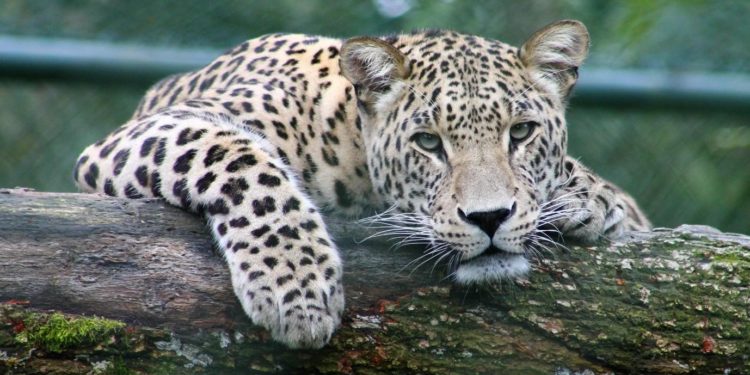Thinking about volunteering with animals abroad? Volunteering is a great way to gain new skills whilst doing something helpful. And doing it abroad can be even more exciting!
If you’re an animal lover, you might be considering this type of work because you want to be around the creatures you adore. But what does it mean to volunteer with animals?
It will usually depend on what type of sanctuary you go to, but you can do everything from providing hands-on care for those in animal shelters to learning about conservation techniques and what causes endangerment.
This article will run through the type of activities you can expect to take part in to help decide whether it’s for you.
Volunteer With Animals Abroad
You can take part in a range of activities when you volunteer with animals abroad. It will be different for every location and will depend on the type of animal and how dangerous they are. Below are the different types of animal volunteering you can go into.
Wildlife Conservation Support
One aspect of volunteering abroad with animals is working at a conservation centre. These are sanctuaries dedicated to breeding and looking after threatened or vulnerable species. Your work here will be vital towards preventing a distinction of the species.
You’ll be there to offer support, clean cages, feed the animals and working closely with them, depending on the type of animal it is.
Choose a Specific Animal
If you have a favourite animal, you can look into volunteering specifically with them. There are so many different options, including:
- Turtle Conservation in Costa Rica
- Elephants in Indonesia
- Bears in Romania
- Dolphins in Tenerife
So no matter what animal you wish to care for, there’s likely to be a place dedicated to that specific animal. You’re then guaranteed to spend time learning about your favourite animal and making a difference to their care.
Learn Valuable Knowledge
When you work with experts in a wildlife conservation or animal shelter, they can provide you with knowledge surrounding endangered species. You can learn everything from the cause of endangerment to what humans can do to prevent and improve this.
Animal Shelters
For when volunteering abroad isn’t an option, animal shelters can always do with help. This work can include anything from cleaning, feeding the animals, helping with rehabilitating animals who have been traumatised.
You’re able to provide hands-on care at a domestic animal shelter as they’re more used to human interaction. It’s important to remember, however, that it can be difficult to interact with animals who have been treated badly by previous owners, but this is where your help will really make a difference.
Where To Volunteer?
You can volunteer with wild animals in a lot of different countries around the world. Some of the most popular destinations for wildlife volunteering are locations like Thailand and Costa Rica, but there are programmes all over the world.
However, if you don’t want to go abroad, you can still help local animal shelters and domestic animals. This will usually focus on a different issue, such as abandonment, but it’s still an incredibly important role. You can help rehabilitate animals who have been poorly treated and left by previous owners.
Why Volunteer with Animals?
Animals are constantly being threatened by human activity, causing levels of endangerment and extinction due to damage to their habitats. You can do your bit to help by volunteering.
For those who feel like it’s a responsibility of theirs, wildlife volunteering is a great way to make sure animals are protected. You can also learn key information surrounding ways to help protect habitats, which you can spread to family members and friends and raise awareness.
If you’d like to volunteer with animals, going to a dedicated sanctuary or conservation is the ideal way to learn and make a significant contribution.
Make a Difference
If animals are a big part of your life, volunteering abroad or at a local animal shelter is one of the best ways to make a difference.
You can see the issues first-hand and learn valuable lessons from an experience like this, one of which you can bring into your everyday life.
Look online for programmes, you can either focus on a specific animal or a specific location.




![7 Best POS Software in the UK [2026 Edition]](https://todaynews.co.uk/wp-content/uploads/2026/02/7-Best-POS-Software-in-the-UK-2026-Edition-360x180.png)








































































